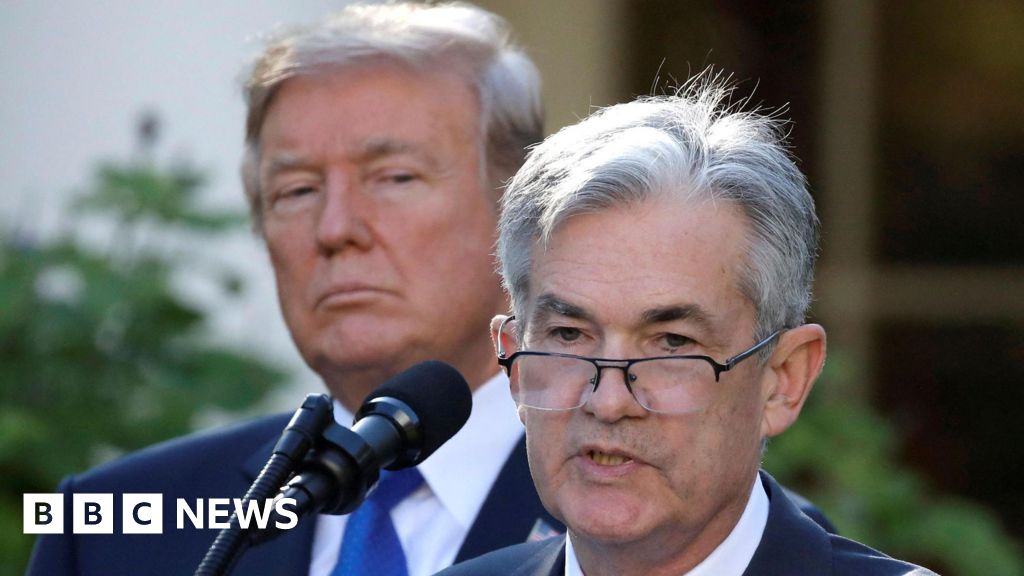- As per WHO, a BMI score over 25 is overweight, and over 30 is obese.
- Obesity rising quickly among children, lower-income states: report.
- Data will be presented to UN policymakers, member states next week.
LONDON: More than half of the world’s population will be overweight or obese by 2035 without significant action, according to a new report.
The World Obesity Federation’s 2023 atlas predicts that 51% of the world, or more than 4 billion people, will be obese or overweight within the next 12 years.
Rates of obesity are rising particularly quickly among children and in lower-income countries, the report found.
Describing the data as a “clear warning”, Louise Baur, president of the World Obesity Federation, said that policymakers needed to act now to prevent the situation from worsening.
“It is particularly worrying to see obesity rates rising fastest among children and adolescents,” she said in a statement.
“Governments and policymakers around the world need to do all they can to avoid passing health, social and economic costs on to the younger generation.”
The report found that childhood obesity could more than double from 2020 levels to 208 million boys and 175 million girls by 2035.
The cost to society is significant as a result of the health conditions linked to being overweight, the federation said: more than $4 trillion annually by 2035, or 3% of global GDP.
However, the authors said they were not blaming individuals, but calling for a focus on the societal, environmental and biological factors involved in the conditions.
The report uses body mass index (BMI) for its assessments, a number calculated by dividing a person’s weight in kilograms by their height in metres squared. In line with the World Health Organization’s guidelines, a BMI score over 25 is overweight and over 30 is obese.
In 2020, 2.6 billion people fell into these categories or 38% of the world’s population.
The report also found that almost all of the countries expected to see the greatest increases in obesity in the coming years are low or middle-income countries in Asia and Africa.
The data will be presented to United Nations policymakers and member states next week.















































